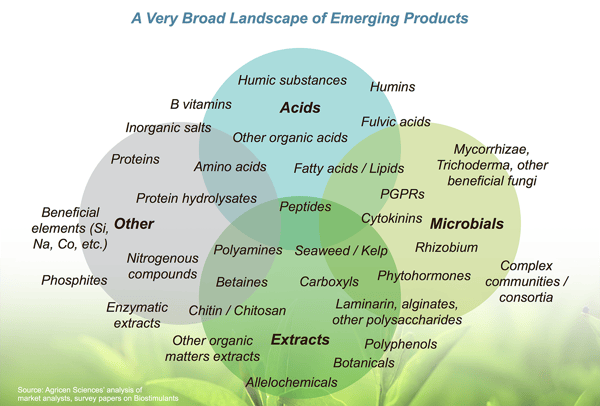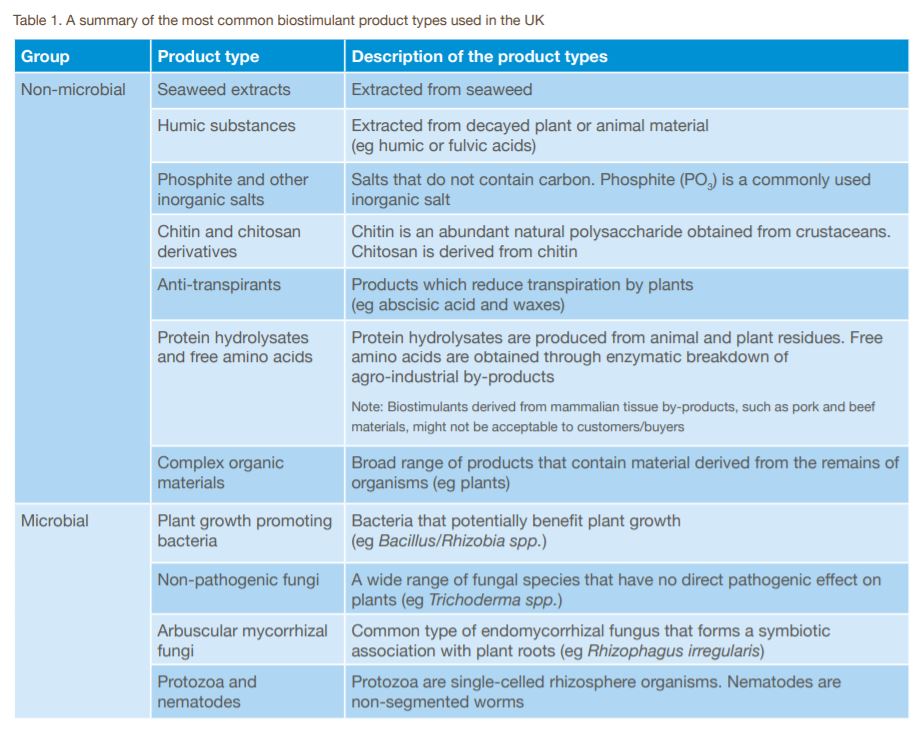Biostimulants
There are no products in this section
Agricultural Biostimulants
According to a widely used definition from the European Biostimulants Industry Council, a biostimulant is a material that contains substances and/or micro-organisms whose function, when applied to plants or the rhizosphere, is to stimulate
natural processes to enhance/benefit nutrient uptake, nutrient efficiency, tolerance to environmental stress and crop quality.
It should also be noted that a biostimulant’s main role should not be to provide fertilisation or pesticidal activity.
Any product marketed as a pesticide must have a Ministerially Approved Pesticide Product (MAPP) number
Biostimulants are used in crop production to enhance plant growth or plant health. They might achieve this by:
- Helping a plant to improve its nutrient-use efficiency
- Helping plants tolerate abiotic stresses like heat, cold, drought and too much water
- Helping to improve quality attributes like nutritional content, appearance and shelf-life
The term "agricultural biostimulants" encompasses a diverse group of product technologies and may include bacterial or microbial inoculants, biochemical materials, amino acids, humic acids, fulvic acids, seaweed extracts and more. They can be used to supplement and enhance existing agricultural practices and crop inputs.

Biostimulant product types
In the UK, a diverse range of biostimulants is available. Grouped as either ‘non-microbial’ or ‘microbial’, they can be
further classified by product type. The most common product types used in the UK are summarised in Table 1.


